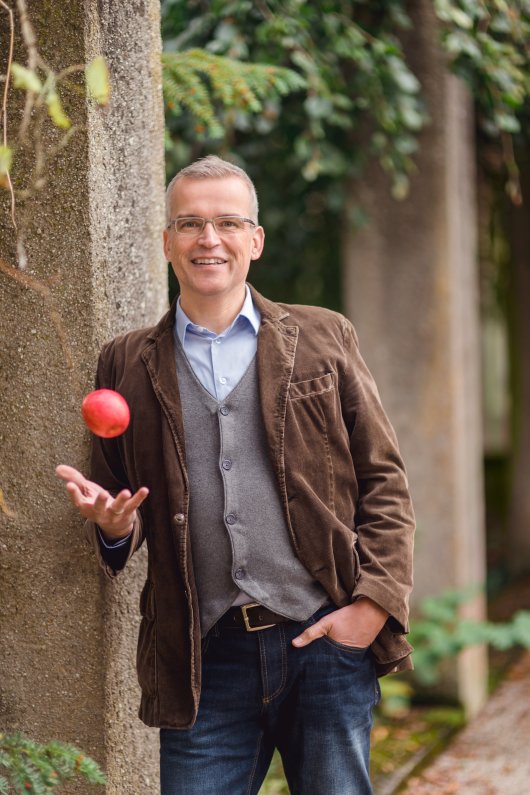FACCE-JPI is financed by fees from the participating countries and received financial support through two successive Coordination and Support Actions from the European Commission (FACCE CSA - 277610; FACCE-EVOLVE - 652612).
FACCE-JPI follows the regulations for the protection of personal data
FACCE-JPI Privacy Policy
Icons from Icons8 and Flat Icon
Pictures from Pixabay and Freepik
All rights reserved - 2022
Contact the Secretariat

